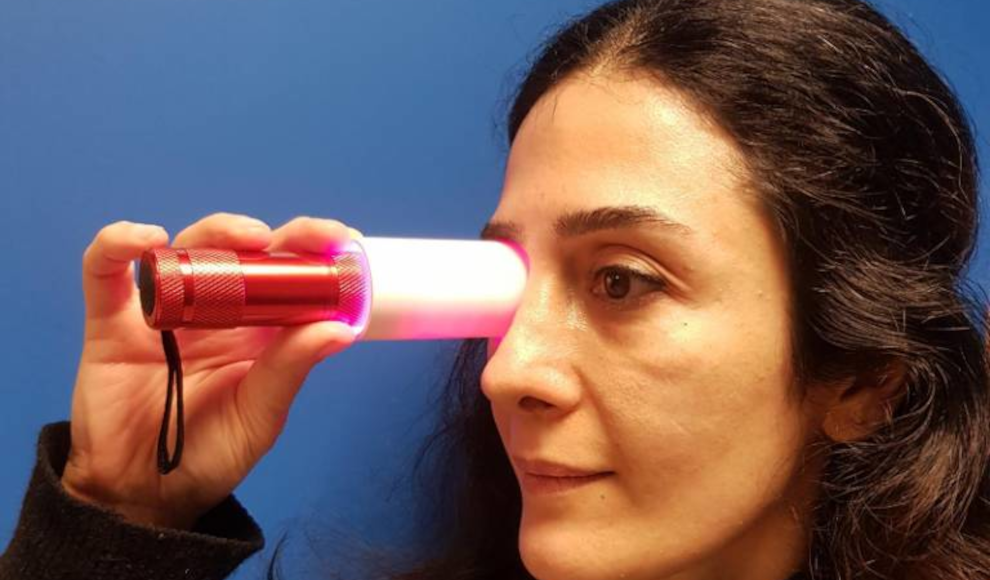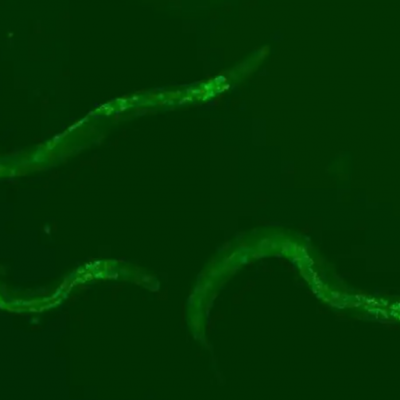Aging can cause a decrease in energy production in the mitochondria of the cells, leading to a decline in vision. However, a study conducted by scientists at the University College London (UCL) has found that a light therapy using long-wavelength, deep red light can improve vision in older individuals. The therapy activates the membrane pumps of the mitochondria, allowing them to produce more energy. In a recent study, 20 participants were exposed to deep red LEDs for three minutes, and their color contrast vision was tested. The results showed that even with a reduced amount of light and a single exposure, the therapy improved color contrast vision by an average of 17%, with some participants experiencing a 20% improvement. The therapy was found to be effective only in the morning, as the mitochondria have different working patterns in the afternoon.
The study confirms that aging mitochondria respond to deep red light, and this could be a simple treatment for declining vision in the future. The therapy is safe and easy to administer, and the energy produced by the long-wavelength light is not much higher than that found in natural daylight. The researchers suggest that in the near future, individuals could receive their weekly light therapy while making coffee or commuting to work, using simple and cost-effective LEDs. This intervention could significantly improve the quality of life for older individuals and alleviate the problems associated with declining vision.
The study provides hope for those experiencing vision problems due to aging, as the therapy is a simple and safe solution that could be easily incorporated into daily routines. The researchers suggest that further studies are needed to determine the optimal amount of light and duration of therapy, but the results so far are promising. With the development of cost-effective LEDs, this therapy could become widely available and improve the lives of many older individuals.










